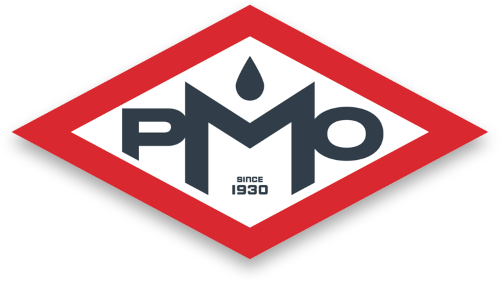Fuel Polishing and Its Benefits
In the realm of business operations that rely heavily on diesel fuel — whether for transportation fleets, generators, or other machinery — maintaining the purity and efficiency of that fuel is paramount. One often-overlooked yet crucial process in ensuring the quality of diesel fuel is fuel polishing.
This article explores what fuel polishing entails, its significance, and the compelling benefits it offers to your business.
Understanding Fuel Polishing
Fuel polishing is a meticulous process designed to clean and restore diesel fuel to its optimal state, ensuring the removal of contaminants that accumulate over time. These contaminants include water, microbes, sediments, and debris that enter the fuel supply chain at various stages, from refining to storage. The process involves filtering the fuel through specialized equipment that separates and eliminates these unwanted elements, thereby significantly enhancing the cleanliness and quality of the fuel.
The Necessity of Fuel Polishing
For businesses that depend on diesel fuel, the stakes are particularly high. Contaminated fuel can lead to a plethora of issues, ranging from engine malfunctions and reduced efficiency to complete system failures. Furthermore, the presence of impurities in diesel can cause serious wear and tear on engines and fuel systems, increasing the frequency of maintenance and repairs. Hence, adopting fuel polishing as a routine maintenance practice is not just beneficial but essential for safeguarding your investments and ensuring uninterrupted operations.
Enhancing Equipment Efficiency
The quality of diesel fuel directly affects the performance and lifespan of the machinery it powers. Clean fuel burns more efficiently, ensuring engines run smoothly and at optimal performance levels. By implementing fuel polishing, businesses can experience improved fuel combustion, which translates to better engine power, reduced exhaust emissions, and, ultimately, significant fuel savings. This enhancement in operational efficiency can lead to a notable reduction in overall operational costs, providing a substantial return on investment.
Prolonging Equipment Lifespan
Contaminants in diesel fuel can cause abrasive wear and corrosion within engines and fuel systems. Over time, this can lead to premature equipment failures and expensive repairs. Regular fuel polishing eliminates these harmful particles, thereby reducing the risk of such damage. By ensuring that only clean fuel circulates through engines and machinery, businesses can extend the lifespan of their equipment, optimize their capital investments, and reduce downtime caused by unplanned maintenance.
Compliance With Environmental Standards
Environmental regulations are becoming increasingly stringent, particularly regarding emissions from diesel engines. Using clean, polished fuel helps companies meet these regulatory requirements more easily by reducing the pollutants emitted during fuel combustion. As a result, businesses can avoid potential fines and penalties, maintain their reputation as environmentally responsible entities, and contribute positively to global sustainability efforts.
Improving Fuel Storage Conditions
Diesel fuel is often stored for extended periods, which increases the likelihood of contamination. Factors such as temperature fluctuations and the presence of water can accelerate the degradation of stored fuel. Fuel polishing not only cleans the fuel but also helps remove the water and sediments that can cause microbial growth and fuel degradation. Thus, it ensures that stored fuel remains in optimal condition and ready for use whenever needed. This reliability is particularly crucial for businesses with backup generators and emergency fuel supplies, which must be operational at a moment's notice.
Ensuring Uninterrupted Operations
Downtime due to fuel-related issues can be costly and disruptive. For industries that require a constant and reliable fuel supply — such as healthcare, data centers, and logistics — fuel polishing services become a critical component of operational resilience. By maintaining a clean fuel supply, businesses can avoid unexpected engine failures, reduce downtime, and ensure that their operations run smoothly and without interruption. This continuity is vital for maintaining customer trust and achieving business objectives.
Fuel Polishing and Fuel Delivery Services
Many businesses combine fuel polishing with their fuel delivery services to ensure the quality of the diesel they receive. This integrated approach means that fuel undergoes polishing either before delivery or immediately upon receipt, guaranteeing its cleanliness from the outset. Partnering with a reputable fuel delivery service that includes fuel polishing as part of its offering can provide an added layer of assurance. It ensures that businesses consistently receive high-quality, contaminant-free diesel fuel, further streamlining their operations and fuel management processes.
Fuel polishing is an indispensable process for businesses that utilize diesel fuel. If you want to incorporate fuel polishing into your fuel management strategy, work with us at Paul Murray Oil.
Office Hours:
Mon - Fri: 8:00 am - 5:00 pm • Sat - Sun: Closed •
24-Hour Emergency Service for Commercial Customers
2900 Phoenix Ave,
Jacksonville, FL 32206
